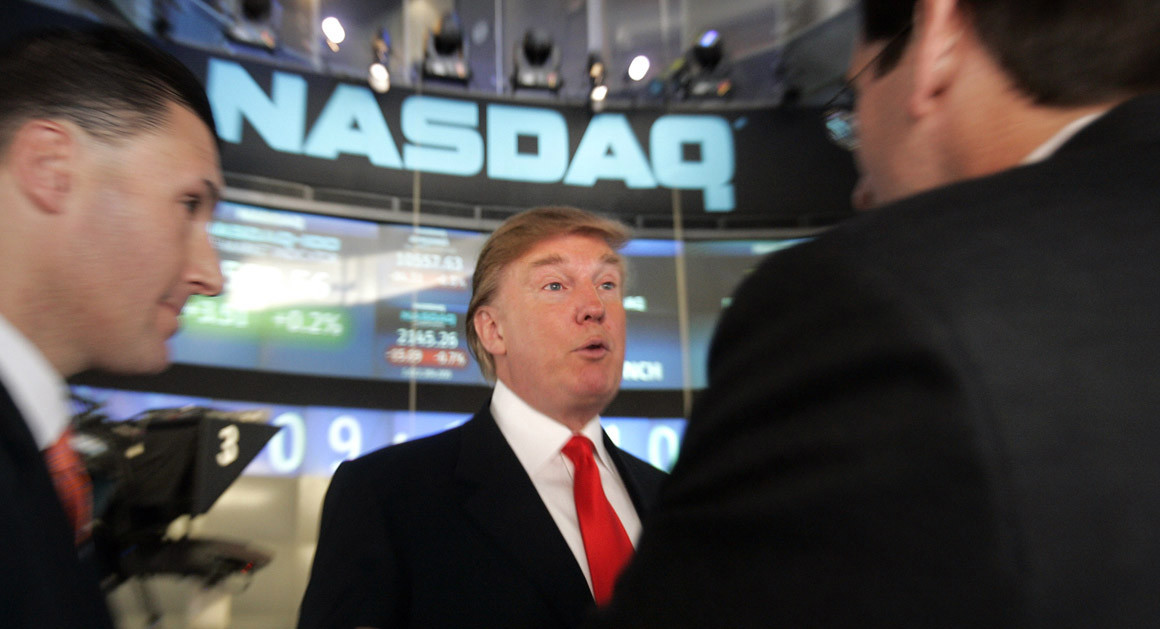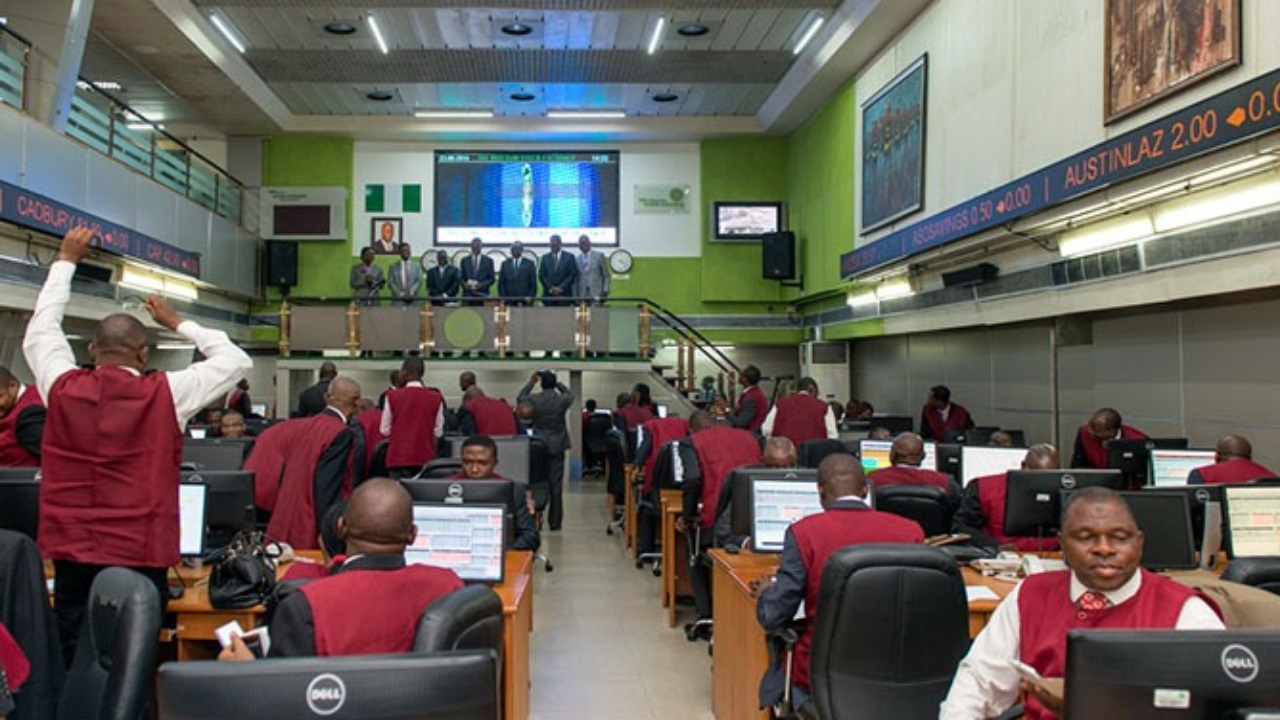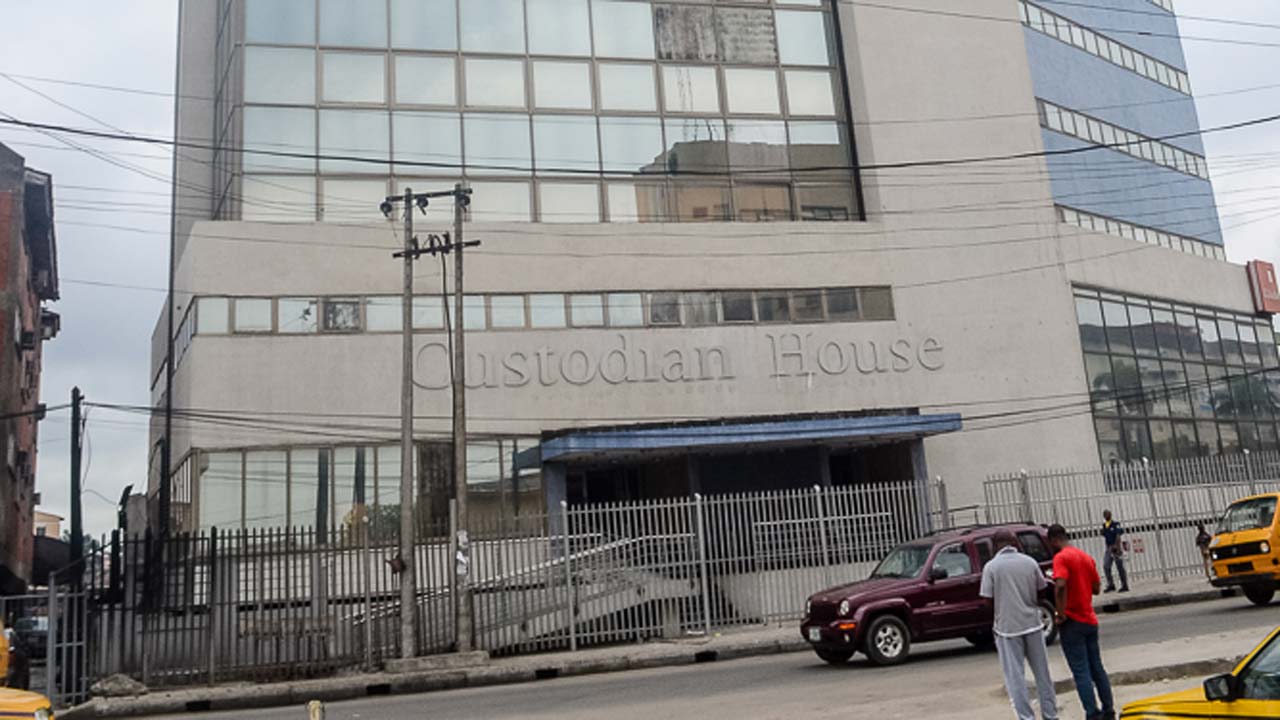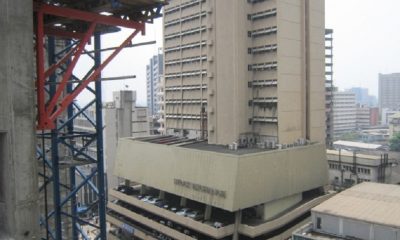Economy
Caution Likely to Prevail Amid Focus On US-China Trade Talks

By Investors Hub
The major U.S. index futures are pointing to a roughly flat opening on Monday following the roller coaster ride seen over the past few sessions.
Traders may be reluctant to make significant moves as they keep a close eye on high-level trade talks between the U.S. and China in Beijing.
Deputy U.S. Trade Representative Jeffrey Gerrish is leading the U.S. team at the two-day meeting, with a spokesman for China?s Foreign Ministry predicting ?positive and constructive discussions.?
News on the merger-and-acquisition front may generate some buying interest, although traders are likely to remain cautious amid the ongoing U.S. government shutdown.
Weekend meetings reportedly made little progress toward ending the impasse over funding for President Donald Trump?s controversial border wall.
Stocks showed a substantial move to the upside over the course of the trading day on Friday, more than offsetting the sharp pullback seen in the previous session. The major averages all moved significantly higher, with the tech-heavy Nasdaq leading the way.
The major averages moved roughly sideways going into the close, holding on to strong gains. The Dow surged up 746.94 points or 3.3 percent to 23,433.16, the Nasdaq soared 275.35 points or 4.3 percent to 6,738.86 and the S&P 500 spiked 84.05 points or 3.4 percent to 2,531.94.
With the rally on the day, the major averages also moved notably higher for the week. While the Dow jumped by 1.6 percent, the Nasdaq and the S&P 500 shot up by 2.3 percent and 1.9 percent, respectively.
The rebound on Wall Street partly reflected a positive reaction to a Labor Department report showing much stronger than expected job growth in the month of December.
The Labor Department said non-farm payroll employment soared by 312,000 jobs in December after climbing by an upwardly revised 176,000 jobs in November.
Economists had expected employment to increase by about 177,000 jobs compared to the addition of 155,000 jobs originally reported for the previous month.
Paul Ashworth, Chief U.S. Economist at Capital Economics, suggested the substantial job growth in December would “seem to make a mockery of market fears of an impending recession.”
“Admittedly, employment is a coincident indicator, whereas the ISM manufacturing index, which we learned yesterday fell sharply in December, is a leading indicator,” Ashworth said.
He added, “But, even allowing for that distinction, this employment report suggests the U.S. economy still has considerable forward momentum.”
The report also said the unemployment rate rose to 3.9 percent in December from 3.7 percent in November, while economists had expected the unemployment rate to come in unchanged.
However, the unexpected uptick by the unemployment rate came as the labor force jumped by 419,000 people compared to a much more modest 142,000-person increase in the household survey measure of employment.
The Labor Department said average hourly employee earnings payrolls climbed by 11 cents to $27.48 in December, reflecting a 3.2 percent increase compared to the same month a year ago.
The annual rate of growth in average hourly employee earnings in December accelerated from the 3.1 percent increase seen in November, reaching its highest level since April of 2009.
Even as the jobs data offset recent concerns about the U.S. economy, Federal Reserve Chairman Jerome Powell noted the central bank “will be patient” with monetary policy as it watches the economy evolve.
Powell stressed that monetary policy is not on a “preset path” after the Fed raised interest rates four times in 2018 and forecast two rate hikes in the new year.
“Particularly with muted inflation readings that we’ve seen coming in, we will be patient as we watch to see how the economy evolves,” Powell said.
The Fed chief said the central bank is always prepared to significantly shift the stance of monetary policy if incoming economic data does not meet expectations.
Powell’s comments came as part of a joint discussion with former Fed Chairs Janet Yellen and Ben Bernanke at the American Economic Association and Allied Social Science Association annual meeting in Atlanta.
The rally on Wall Street also came after China’s Commerce Ministry said China and the U.S. would hold vice ministerial level trade talks in Beijing this week.
Partly reflecting optimism about trade talks between the U.S. and China, steel stocks turned in some of the market’s best performances. Reflecting the strength in the sector, the NYSE Arca Steel Index surged up by 6.4 percent.
Considerable strength was also visible among biotechnology stocks, as reflected by the 5.3 percent jump by the NYSE Arca Biotechnology Index.
Regeneron Pharmaceuticals (REGN) posted a standout gain after Guggenheim Partners upgraded its rating on the biotech company’s stock to Buy from Neutral.
Oil service stocks also showed a substantial move to the upside on the day, driving the Philadelphia Oil Service Index up by 4.6 percent. The strength in the sector came amid a notable increase by the price of crude oil.
Software, semiconductor and computer hardware stocks also saw significant strength, contributing to the rally by the tech-heavy Nasdaq. Most of the other major sectors also moved higher amid broad based buying interest.
Economy
NGX RegCo Cautions Investors on Recent Price Movements

By Aduragbemi Omiyale
The investing public has been advised to exercise due diligence before trading stocks on the Nigerian Exchange (NGX) Limited.
This caution was given by the NGX Regulation Limited (NGX RegCo), the independent regulatory arm of the NGX Group Plc.
The advisory became necessary in response to notable price movements observed in the shares of certain listed companies over recent trading sessions.
On Monday, the bourse suspended trading in the shares of newly-listed Zichis Agro-allied Industries Plc. The company’s stocks gained almost 900 per cent within a month of its listing on Customs Street.
In a statement today, NGX RegCo urged investors to avoid speculative trading based on unverified information and to consult licensed intermediaries such as stockbrokers or investment advisers when needed.
It explained that its advisory is part of its standard market surveillance functions, as it serves as a measured reminder for investors to prioritise informed and disciplined decision-making.
The notice emphasised that the Exchange will continue to monitor market activities closely in line with its mandate to ensure a fair, orderly, and transparent market.
“NGX RegCo encourages all investors to base their decisions on publicly available information, including a thorough assessment of company fundamentals, financial performance, and risk profile,” a part of the disclosure said.
It reassured all stakeholders that the NGX remains stable, well-regulated, and resilient, saying the platform continues to foster an environment where investors can participate with confidence, supported by robust oversight and transparent market operations.
“Our primary responsibility is to maintain a level playing field where market participants can trade with confidence, backed by timely and accurate information.
“This advisory is a routine communication, reinforcing that sound fundamentals, not speculation, remain the foundation for sustainable investment outcomes. We are fully committed to preserving the integrity and stability of our market,” the chief executive of NGX RegCo, Mr Olufemi Shobanjo, stated.
Economy
Stronger Taxpayer Confidence, Others Should Determine Tax Reform Success—Tegbe

By Modupe Gbadeyanka
The chairman of the National Tax Policy Implementation Committee (NTPIC), Mr Joseph Tegbe, has tasked the Nigeria Revenue Service (NRS) to measure the success of the new tax laws by higher voluntary compliance rates, lower administrative costs, fewer disputes, faster resolution cycles, and stronger taxpayer confidence.
Speaking at the 2026 Leadership Retreat of the agency, Mr Tegbe said, “Sustainable revenue performance is built on trust and efficiency, not enforcement intensity,” emphasising that the legitimacy and predictability of the system are more critical than punitive measures.
He underscored that the country’s tax reform journey is at a critical juncture where effective implementation will determine long-term fiscal outcomes.
The NTPIC chief stressed that tax policy must serve as an enabler of governance, and should embody simplicity, equity, predictability, and administrability at scale.
These principles, he explained, foster voluntary compliance, reduce operational friction, and strengthen investor confidence. He warned that ad-hoc adjustments or policy drift could undermine reform momentum, unsettle businesses, and deter investment, which thrives on predictable rules rather than shifting announcements. Structured sequencing, clear transition mechanisms, and continuous feedback between policymakers and administrators are therefore critical to sustaining reform credibility.
Mr Tegbe further argued that revenue reform cannot succeed in isolation. Achieving sustainable gains requires a whole-of-government approach, leveraging robust taxpayer identification systems, integrated financial data, efficient dispute resolution, and harmonised coordination across federal and sub-national levels. This approach, he said, reduces leakages, eliminates multiple taxation, and reinforces confidence in the system.
He noted that the passage of four new tax laws marks only the beginning of a broader reform agenda, describing the initiative as a systemic recalibration of Nigeria’s fiscal architecture, rather than a routine policy update.
He further asserted that the true measure of success will be the credibility of implementation, not the design of the laws themselves.
The NRS, he noted, functions as the nation’s “Revenue System Integrator,” with outcomes reflecting the strength of an interconnected ecosystem that encompasses policy clarity, enforcement consistency, digital infrastructure, dispute resolution efficiency, and intergovernmental coordination.
Economy
NUPENG Seeks Clarity on New Oil, Gas Executive Order

By Adedapo Adesanya
The National Union of Natural and Gas Workers (NUPENG) has expressed deep concern over the Executive Order by President Bola Tinubu mandating the Nigerian National Petroleum Company (NNPC) Limited to remit directly to the federation account.
In a statement signed by its president, Mr William Akporeha, over the weekend in Lagos, the union noted that the absence of detailed public engagement had naturally generated tension within the sector and heightened restiveness among workers, who are anxious to know how the new directive may affect their employment, welfare and job security, especially as it affects NNPC and other major operations in the oil and gas sector.
It pointed out that the industry remained the backbone of Nigeria’s economy, contributing significantly to national revenue, foreign exchange earnings, and employment.
The NUPENG president affirmed that any policy shift, particularly one introduced through an Executive Order, has far-reaching consequences for regulatory frameworks, Investment decisions, operational standards, and labour relations within the sector.
According to him, “there is an urgent need for clarity on the scope and objectives of the Executive Order -What precise reforms or adjustments does it introduce? “Its implications for the Petroleum Industry Act -Does the Order amend, interpret, or expand existing provisions under PIA?
“Impact on workers and existing labour agreements-Will it affect job security, conditions of service, Collective Bargaining agreements or ongoing restructuring processes within the industry? “Effects on indigenous participation and local content development -How will it affect Nigerian companies and employment opportunities for citizens?”
He warned that without proper consultation and explanation, misinterpretations of the Executive Order may spread across the industry, potentially destabilising operations and undermining industrial harmony that stakeholders have worked hard to sustain.
“Though our union remains committed to constructive engagement, national development and stability of the oil and gas sector, however, we are duty-bound and constitutionally bound to protect the rights and welfare and job security of our members whose livelihoods depend on a clear, fair and predictable policy framework,” Mr Akporeha further stated.
-

 Feature/OPED6 years ago
Feature/OPED6 years agoDavos was Different this year
-
Travel/Tourism10 years ago
Lagos Seals Western Lodge Hotel In Ikorodu
-

 Showbiz3 years ago
Showbiz3 years agoEstranged Lover Releases Videos of Empress Njamah Bathing
-

 Banking8 years ago
Banking8 years agoSort Codes of GTBank Branches in Nigeria
-

 Economy3 years ago
Economy3 years agoSubsidy Removal: CNG at N130 Per Litre Cheaper Than Petrol—IPMAN
-

 Banking3 years ago
Banking3 years agoSort Codes of UBA Branches in Nigeria
-

 Banking3 years ago
Banking3 years agoFirst Bank Announces Planned Downtime
-

 Sports3 years ago
Sports3 years agoHighest Paid Nigerian Footballer – How Much Do Nigerian Footballers Earn




















